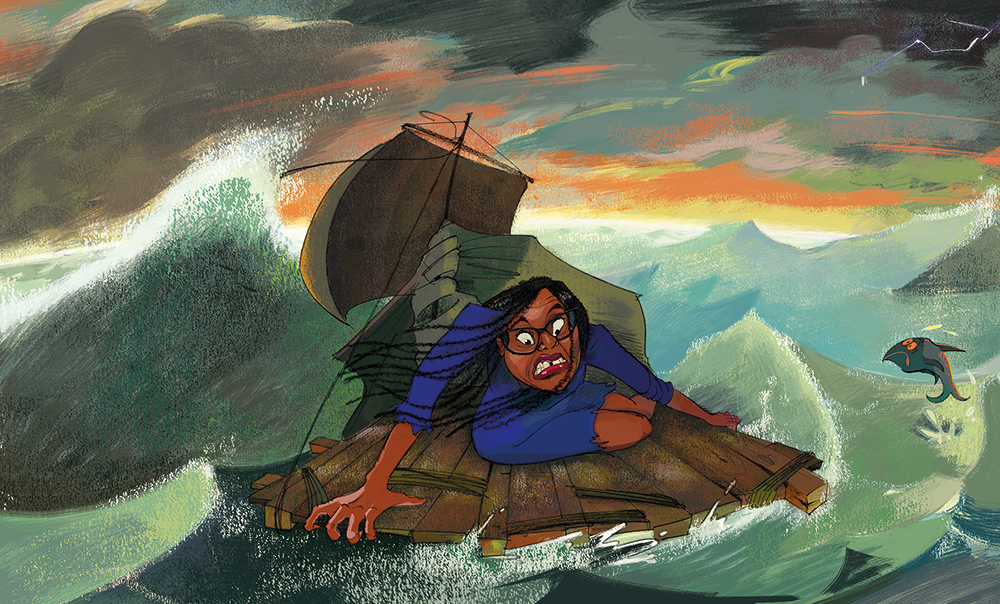The Irish government has spent a lot of time trying to reassure voters that they have little to fear from any economic realignment with America. Now it is openly acknowledging the uncomfortable truth: that more than any other EU member state, Ireland is in a remarkably precarious position following Donald Trump’s imposition of tariffs.
Internal government economic models have indicated that the Irish economy could lose 60,000 jobs in the next 12 months as a direct result of Trump’s trade war – with many more losses expected to follow.
The reasons for Ireland’s unique and perilous exposure are varied. It is heavily reliant on US tech and pharmaceutical companies which have made Ireland their base.
One of the Trump administration’s primary campaign promises to his electorate was the repatriation, forcibly if necessary, of US companies which have made Ireland their main tax headquarters. Trump’s hawkish Secretary for Commerce, Howard Lutnick, has since described Ireland as one of his ‘favourite tax scams’ – and the one he most looked forward to dismantling.
Cabinet ministers have also been informed that up to €6.9 billion worth of goods imported into Ireland from the US, including aircraft parts, ‘will be in the firing line’ when the full raft of the EU’s retaliatory measure are unveiled and implemented.
There is still a degree of hope in Irish circles that the looming tariff war is simply Trump’s version of geopolitical poker and if he gets what he wants he will walk back from some of his apocalyptic measures. But that hope seems to be dwindling in the face of EU intransigence in response to the bellicose US rhetoric.
Tanaiste and Minister for Foreign Affairs and Trade, Simon Harris, attended an EU meeting in Luxembourg focusing on the choppy waters that lie ahead. One of his statements may have inadvertently admitted just how difficult Ireland’s position truly is.
Speaking before the meeting began in Luxembourg, Harris claimed that it was ‘abundantly clear to anybody who was under any illusion in relation to this that tariffs are really bad. They’re bad for the US economy, they’re bad for the European economy, and they’re bad for the Irish economy. We need to find a negotiated way forward.’
Harris’s placing of Ireland last in the list behind the US and the EU has been seen by many as yet another problem with the Irish approach. Swamped by their larger EU ‘partners’, they struggle to make their voices heard.
Perhaps nowhere was this illustrated more keenly than with the EU-Mercosur trade deal with the main South American economies. Mercosur would allow a massive increase of food imports from Brazil, flooding the EU with cheaper but inferior beef from South America. This would price Irish beef, widely regarded as some of the best in the world, out of the market.
In fact, the Mercosur trade deal is expected to cost the Irish beef industry up to €130 million next year, with the cost increasing annually. Many Irish farmers have said they face extinction as a result. The fact that Ireland was not represented at an EU meeting convened by France last week to discuss Mercosur has done little to allay Irish fears that their farmers could be set for a sharp shock later this year.
While Taoiseach Micheal Martin has called on the EU to negotiate more with the US, EU trade chief Maros Sefcovic has struck a rather more bullish tone. According to him: ‘We are prepared to use every tool in our trade defence arsenal to protect the EU single market’, a markedly more combative approach than the one the Irish hoped would be adopted.
If the current war of words between the US and the EU does escalate to a full-on trade war, doves such as Harris and Micheal Martin know that Ireland will be the first and most significant casualty. But they are easily overpowered by the likes of the far more hawkish Sefcovic and former Belgian PM and senior EU apparatchik, Guy Verhofstadt who has repeatedly referred to Trump as a ‘madman’.
If Harris found the meeting in Luxembourg slightly awkward, it will have been a veritable tea party compared to his next engagement.
On Wednesday, he is in Washington to meet Lutnick. Despite Harris claiming the previous, and brief, phone conversation between the two men had gone rather well, he is up against a man who has been a vociferous critic of Ireland’s sweetheart tax deals with US companies.
Harris will also be well aware that Lutnick is a staunch defender of Israel. In fact, before his appointment as Secretary of Commerce, he had been tipped as the new US ambassador to Jerusalem.
So, a meeting between the American government’s strongest supporter of Israel, who is also critical of Ireland’s financial dealings, and the Irish government’s most outspoken of critic of Israel who also knows that he has no serious cards left to play?
This, it has to be said, does not paint a pretty picture.
Everyone on both sides of the Atlantic is hoping that cooler heads and an all-out trade war can be averted. But nobody will be praying for that more fervently than the Irish, who once again find themselves stuck as unwitting pawns in the middle of a wider battle they can never hope to win.








Comments